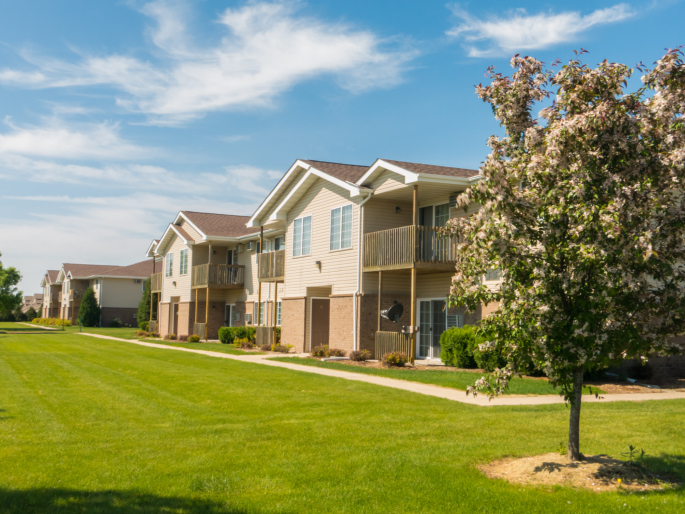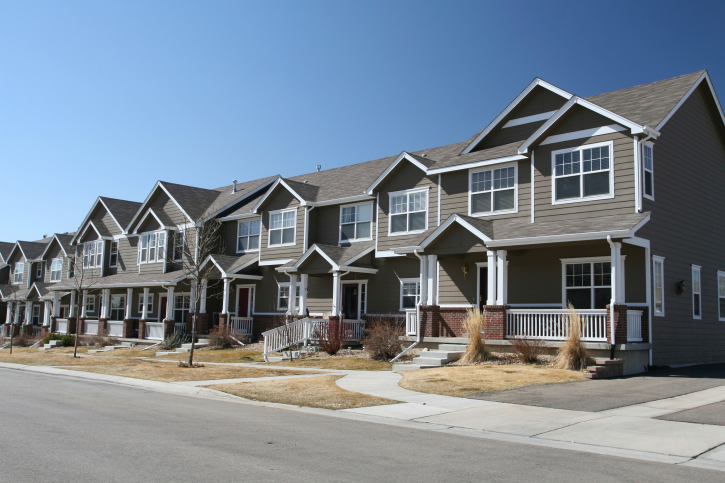 When it comes to selling a home, it is a common belief that once the offer is accepted, there is nothing else to be negotiated. However, issues and obstacles that can arise during the home inspection can be a cause for discussion with the seller. Whether you’re currently searching for houses or your offer has already been accepted and you’re preparing for the next step, here are some tips in the event that the home inspection isn’t up to par.
When it comes to selling a home, it is a common belief that once the offer is accepted, there is nothing else to be negotiated. However, issues and obstacles that can arise during the home inspection can be a cause for discussion with the seller. Whether you’re currently searching for houses or your offer has already been accepted and you’re preparing for the next step, here are some tips in the event that the home inspection isn’t up to par.
Be Cautious About What You Say
Without a doubt, anything that you discuss with the real estate agent regarding the property you’re looking at is going to be addressed with the seller. Instead of telling the agent everything is fine and dandy, maintain a poker face with any deficiencies in the home so you can assess them after the inspection. While a seller may think they have you on the line if all seems fine during the inspection, maintaining your peace and negotiating after the fact may end up providing a better post-inspection deal for you.
Decide What Deficiencies Are Most Important
Before negotiating any repairs or defects with the seller and how this can benefit you, ensure you prioritize what deficiencies must be fixed and what you can live without. There may be leaks and small dings in cupboards that may not be much of an issue, whereas damage in a hardwood floor that you don’t want to renovate may serve as a deal breaker. Deciding what is most important will ensure that the seller knows you’re really interested, and it will likely convince them that the fixes will make for a successful sale.
Request A Credit For Repairs
If a seller knows you’re interested in a home, you may be able to get a little bit of leeway in terms of what you can negotiate following the inspection. Instead of expecting them to deal with the hurdles of home repair, ask the seller to consider a credit so that you can ensure the repairs are completed on your own. This will not only enable you to have the repairs completed the way you would like them done, it may also make the moving process a smoother transition for all of you.
There are certain deficiencies that can show up during the home inspection, so it’s important to consider how re-negotiation can benefit both the buyer and the seller. If you’re curious about home inspections and other aspects of purchasing a home, you may want to contact your local real estate agent for more information.
 Starter homes are incredibly popular for young couples who plan to have a family in the future but don’t need a large place yet.
Starter homes are incredibly popular for young couples who plan to have a family in the future but don’t need a large place yet. The idea of an idyllic beachfront home is appealing for many people, but there are a number of factors involved in this type of home purchase that should be considered before getting serious. Whether it’s a home to live in full time, or a vacation property with investment potential, there are a number of issues to take note of. So, if you’re on the fence regarding waterfront property, here are some things you should keep in mind if beach life might be right for you.
The idea of an idyllic beachfront home is appealing for many people, but there are a number of factors involved in this type of home purchase that should be considered before getting serious. Whether it’s a home to live in full time, or a vacation property with investment potential, there are a number of issues to take note of. So, if you’re on the fence regarding waterfront property, here are some things you should keep in mind if beach life might be right for you. Bidding wars can be ugly, nasty things – but with the right tactics, you can come out a winner without having to double your offer. Welcome to basic training – today, you’ll learn how to navigate the obstacle course that is a real estate bidding war and come out on top. Put these three strategies to use and you’ll easily win the home of your dreams.
Bidding wars can be ugly, nasty things – but with the right tactics, you can come out a winner without having to double your offer. Welcome to basic training – today, you’ll learn how to navigate the obstacle course that is a real estate bidding war and come out on top. Put these three strategies to use and you’ll easily win the home of your dreams. Once you’re done with debt and you’ve started to save, it’s commonly the case that you’ll start hearing about the risks and rewards of investing in stocks or real estate. Unfortunately, it can be difficult for many people to know what type of investment is going to work better for them down the road. If you’re currently considering what you should put your money into, here are some reasons you may want to turn to real estate.
Once you’re done with debt and you’ve started to save, it’s commonly the case that you’ll start hearing about the risks and rewards of investing in stocks or real estate. Unfortunately, it can be difficult for many people to know what type of investment is going to work better for them down the road. If you’re currently considering what you should put your money into, here are some reasons you may want to turn to real estate. If you’re moving to a new city and you’re looking for an affordable home in a nice neighborhood, one great way to get a fantastic home without paying sky-high prices is by choosing a home in an up-and-coming neighborhood. Communities that are starting to gentrify make it easy to find an affordable home, especially if you buy before the prices start to rise.
If you’re moving to a new city and you’re looking for an affordable home in a nice neighborhood, one great way to get a fantastic home without paying sky-high prices is by choosing a home in an up-and-coming neighborhood. Communities that are starting to gentrify make it easy to find an affordable home, especially if you buy before the prices start to rise. If you’re entering the real estate investment market for the first time, you’re embarking on a great adventure – and with a solid plan, you can turn a tidy profit on your investment.
If you’re entering the real estate investment market for the first time, you’re embarking on a great adventure – and with a solid plan, you can turn a tidy profit on your investment. When delving into the realities of home ownership, there can be many factors involved that make it difficult to determine what you need to know and what can wait until later. If you happen to be a first-time buyer who’s looking for the best tips for purchasing a home, look no further than the following three pointers to set you on the right path.
When delving into the realities of home ownership, there can be many factors involved that make it difficult to determine what you need to know and what can wait until later. If you happen to be a first-time buyer who’s looking for the best tips for purchasing a home, look no further than the following three pointers to set you on the right path. Entering into the real estate market requires time and monetary commitment. Depending on the purpose for purchasing rental property determines whether one should invest in a single family or multi-family dwelling. In either case, one should prepare short or long term goals, be cognizant of his or her financial health and monetary comfort zone, and conduct a comparative market analysis before considering a real estate investment.
Entering into the real estate market requires time and monetary commitment. Depending on the purpose for purchasing rental property determines whether one should invest in a single family or multi-family dwelling. In either case, one should prepare short or long term goals, be cognizant of his or her financial health and monetary comfort zone, and conduct a comparative market analysis before considering a real estate investment. With all of the rigmarole that goes into packing up your old home and moving into the new one, there are a lot of details that can get lost in the mix. From cleaning up the old house to handing over the keys, there’s no shortage of small tasks that need to be completed. If you’ll soon be prepping for the exciting move into your next home, here are some ways to prepare yourself for this busy time.
With all of the rigmarole that goes into packing up your old home and moving into the new one, there are a lot of details that can get lost in the mix. From cleaning up the old house to handing over the keys, there’s no shortage of small tasks that need to be completed. If you’ll soon be prepping for the exciting move into your next home, here are some ways to prepare yourself for this busy time.